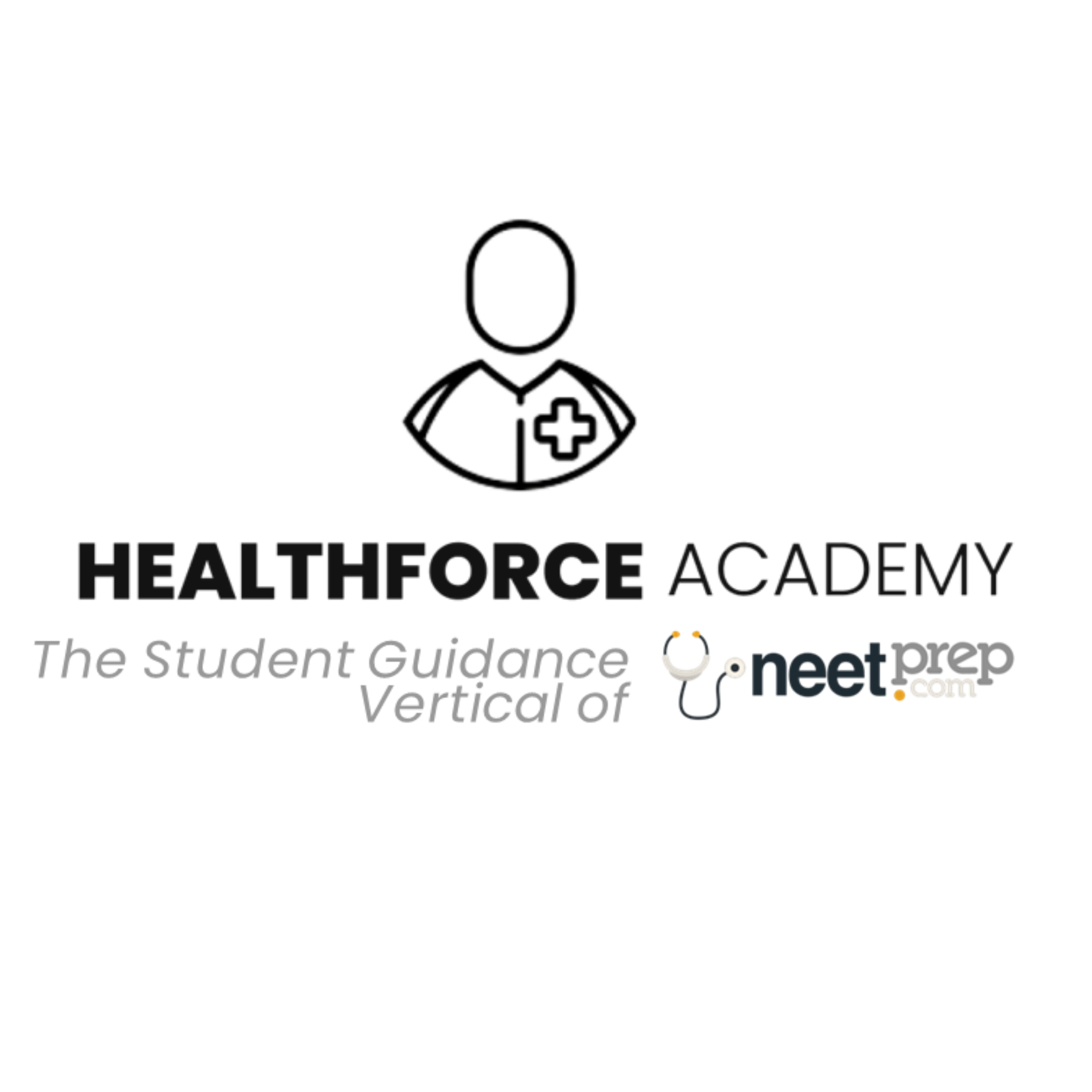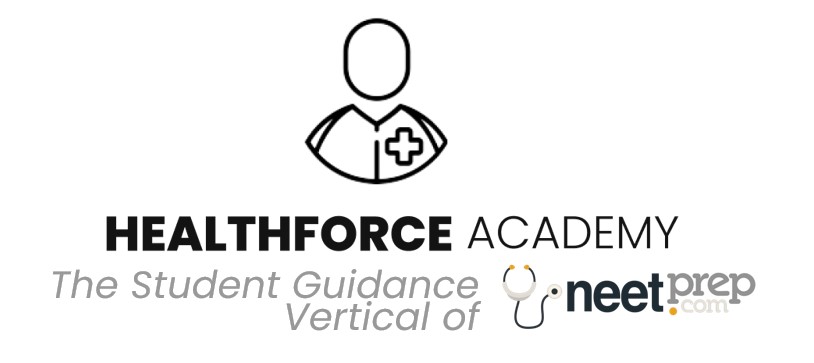Healthcare management
December 22, 2023 2023-12-28 6:57Healthcare management
Healthcare Management
1.What do they do?
Healthcare management entails the oversight of healthcare facilities, where individuals in these positions focus on improving treatment options and shaping organizational policies and protocols. While they don’t engage in direct patient care, they take a holistic approach to ensure that services provided are beneficial to patients and supportive of the healthcare workforce. These professionals are responsible for optimizing budgets to achieve maximum efficiency and maintain high-quality standards, often leading a team of medical personnel in the process.
2. Why take this career?
- Diverse Workplace Options: You can choose to work in a variety of settings, including hospitals, nursing homes, doctor’s offices, public health centers, research labs, insurance companies, and pharmaceutical firms.
- Community Impact: Opportunities to influence your community by shaping healthcare policies or aiding patients with billing and insurance matters.
- Job Satisfaction: High levels of job satisfaction due to the meaningful impact you can make on healthcare services and the well-being of individuals in your community.
- Career Stability: The healthcare field is known for its resilience, offering stability in your career path even during economic fluctuations.
- Leadership Opportunities: Healthcare management roles often come with leadership and decision-making responsibilities, allowing you to drive positive change in the industry.
- Competitive Compensation: Many healthcare management positions offer competitive salaries and benefits, reflecting the industry’s value and demand for skilled professionals.
- Personal Fulfillment: The sense of personal fulfillment that comes from contributing to the healthcare and well-being of others can be a significant motivator in this career.
- Continuous Learning: The dynamic nature of healthcare management means you’ll continually learn and adapt to new regulations, technologies, and healthcare practices, keeping your skills sharp.
3. What an average day at the job is like?
Job responsibilities for healthcare management professionals or teams can vary based on their specific roles, but generally encompass:
- Formulating and executing organizational-level objectives and protocols.
- Investigating and enacting strategies to enhance patient care standards and facility services.
- Recruiting, training, and supervising both medical and administrative personnel.
- Administering financial matters and budgetary considerations.
- Ensuring adherence to health and data protection regulations.
- Collaborating with health boards, stakeholders, medical practitioners, and investors.
4. Knowledge and skills needed to succeed?
In the field of healthcare management, a combination of soft and practical skills is crucial. These essential skills include:
Soft Skills:
- Effective Communication: Clear and empathetic communication is essential for collaboration and understanding in healthcare management.
- Problem-solving: The ability to identify and resolve issues efficiently is key to maintaining smooth operations.
- Flexibility: Adapting to ever-changing healthcare scenarios is vital for success.
- Time Management: Efficiently allocating and managing time is essential to meet diverse demands.
- Team Leadership: The skill to guide and motivate teams is critical in healthcare management.
- Decision-making: Making informed decisions is a core responsibility in this field.
- Mentoring: Supporting and developing staff is important for their professional growth.
- Organization: Effective organization is fundamental for managing complex healthcare systems.
Practical Skills:
- Financial Management: Proficiency in budget management to ensure cost-effective operations.
- Data Analysis: Analysing healthcare data helps in making informed decisions and improving services.
- Regulatory Compliance: A sound understanding of quality standards, patient privacy, and governmental regulations is necessary to maintain legal and ethical standards.
- Business Acumen: Knowing business principles and strategies is valuable for the financial sustainability of healthcare organizations.
- Health Informatics: Managing electronic health records and administrative staff is essential in modern healthcare management.
- Staff Recruitment and Training: Identifying and nurturing the right talent is key to building a skilled healthcare workforce.
- Moreover, many of these skills are transferable, allowing individuals from diverse backgrounds and experiences to excel in healthcare management roles.
5. What can you earn
In May 2022, the median annual salary for healthcare management stood at $104,830. Among them the top 10 percent garnered over $209,990.
Breaking down the median annual wages for healthcare management by the top industries in which they were employed in May 2022:
- Hospitals (state, local, and private) reported a median annual wage of $125,280.
- Government agencies offered a median salary of $119,100.
- Outpatient care centers had a median annual wage of $101,890.
- Offices of physicians paid a median annual wage of $99,440.
- Nursing and residential care facilities provided a median annual wage of $93,610.
6. Courses you can do to take up the career.
To pursue a career as medical and health services managers, educational requirements typically include a bachelor’s degree, although criteria may vary. Some employers may consider candidates with an associate’s degree, while others prefer individuals with a master’s degree. In certain cases, professional experience can be an acceptable substitute for formal education.
Commonly pursued majors for medical and health services managers encompass healthcare and related fields, such as health administration and nursing, as well as other relevant disciplines like business. These degree programs combine elements of healthcare management with business-related subjects, including medical terminology, hospital administration, and health information systems. For instance, a degree in health administration or health information management may encompass coursework in health services management, accounting, budgeting, and health informatics.


